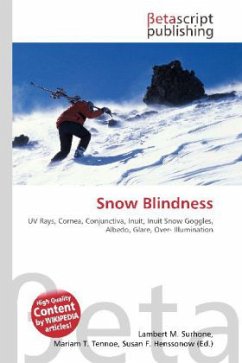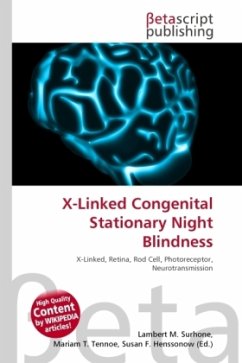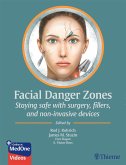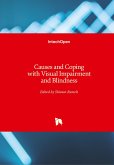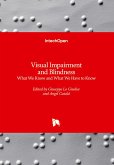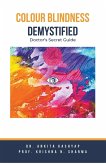Please note that the content of this book primarily consists of articles available from Wikipedia or other free sources online. Snow blindness (also known as ultraviolet keratitis, photokeratitis or niphablepsia) is a painful eye condition, caused by exposure of unprotected eyes to the ultraviolet (UV) rays in bright sunlight reflected from snow or ice or less commonly from sea or sand. Fresh snow reflects about 80% of the UV radiation compared to a dry, sandy beach (15%) or sea foam (25%). This is especially a problem in polar regions and at high altitudes, as with every thousand feet (approximately 305 meters) of elevation (above sea level), the intensity of UV rays increases by four percent.
Bitte wählen Sie Ihr Anliegen aus.
Rechnungen
Retourenschein anfordern
Bestellstatus
Storno

